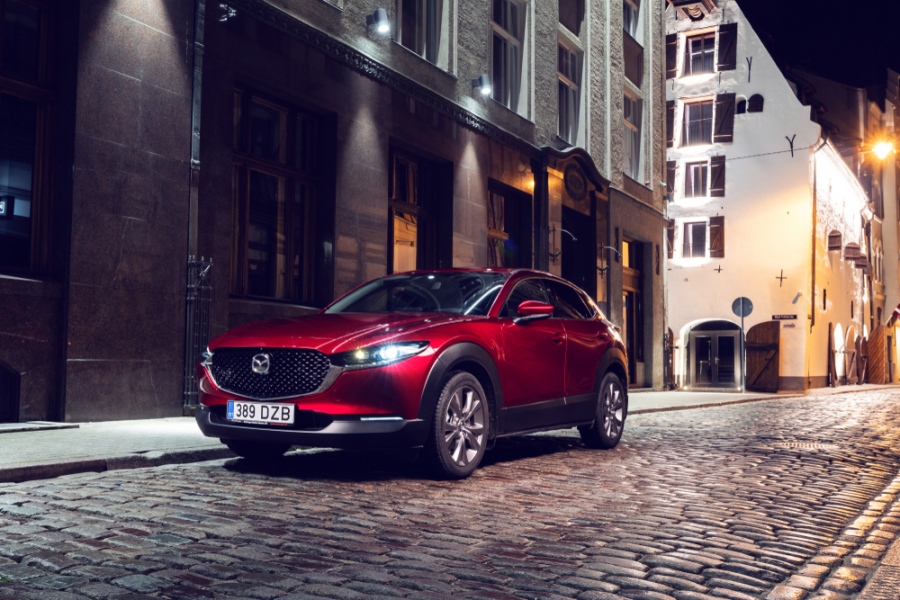4 Things to Think about When Getting a Commuter Car
Are you considering buying a new car for your commute? Wondering what to prioritise? There are many things to consider when purchasing a new car, which can make it difficult to decide what will be best for you. Plus, with a huge amount of makes and models across the market, from supermini’s like a Peugeot 208 to 4x4s and SUVs, there’s certainly no shortage of options.
If you’re struggling to decide what to get, ask yourself the five questions below when searching for your next commuter car. They will help you figure out if a car ticks the right boxes.

Is it comfortable?
If you’re using your car for the daily commute, it’s essential that you’re comfortable driving it. Before you buy, schedule a test drive to see how you feel behind the wheel. You should consider if the chair offers enough support, the steering wheel can be adjusted to a comfortable position and whether you can easily reach pedals and controls without straining.
Does it offer strong fuel economy?
Another important factor to consider is the car’s fuel economy. This is particularly important if you’ll be doing long journeys in the car, as it’ll tell you how quickly the engine guzzles fuel and therefore how often you may need to fill up. Fuel economy can have a significant impact on the overall running costs of your car, so it’s definitely worth considering when choosing a model.
Is it suited to the environment you’re in?
To establish the right type of car for you, you need to factor in where you’ll be driving most of the time. If you’ll mainly be driving and parking in the city, then you may be suited to a small urban car that can easily manoeuvre tight spaces. If you’ll be driving on country roads, then a 4×4 may be more practical thanks to their off-road capabilities and suspension. What’s right for you really depends on your own needs and circumstances.
Is it the right size for your needs?
You should also think about what size of car you need to suit your requirements. If you use your car for business meetings or carpooling with colleagues, you may need to prioritise passenger space. If you provide a service that means you regularly pack your boot full of equipment, then of course good boot space will be high on your ‘must-have’ list. You should also consider your personal needs – such as whether you need to use your car for school runs, dog walking or anything else.
As well as asking the questions above, you may want to consider how powerful the model is, what tech it offers, and how well it handles. Ultimately, choosing a commuter car is a hugely personal thing – and the right one for you depends upon your individual requirements. But thinking about practicalities like comfort and fuel economy will help you to make a well-considered choice.












